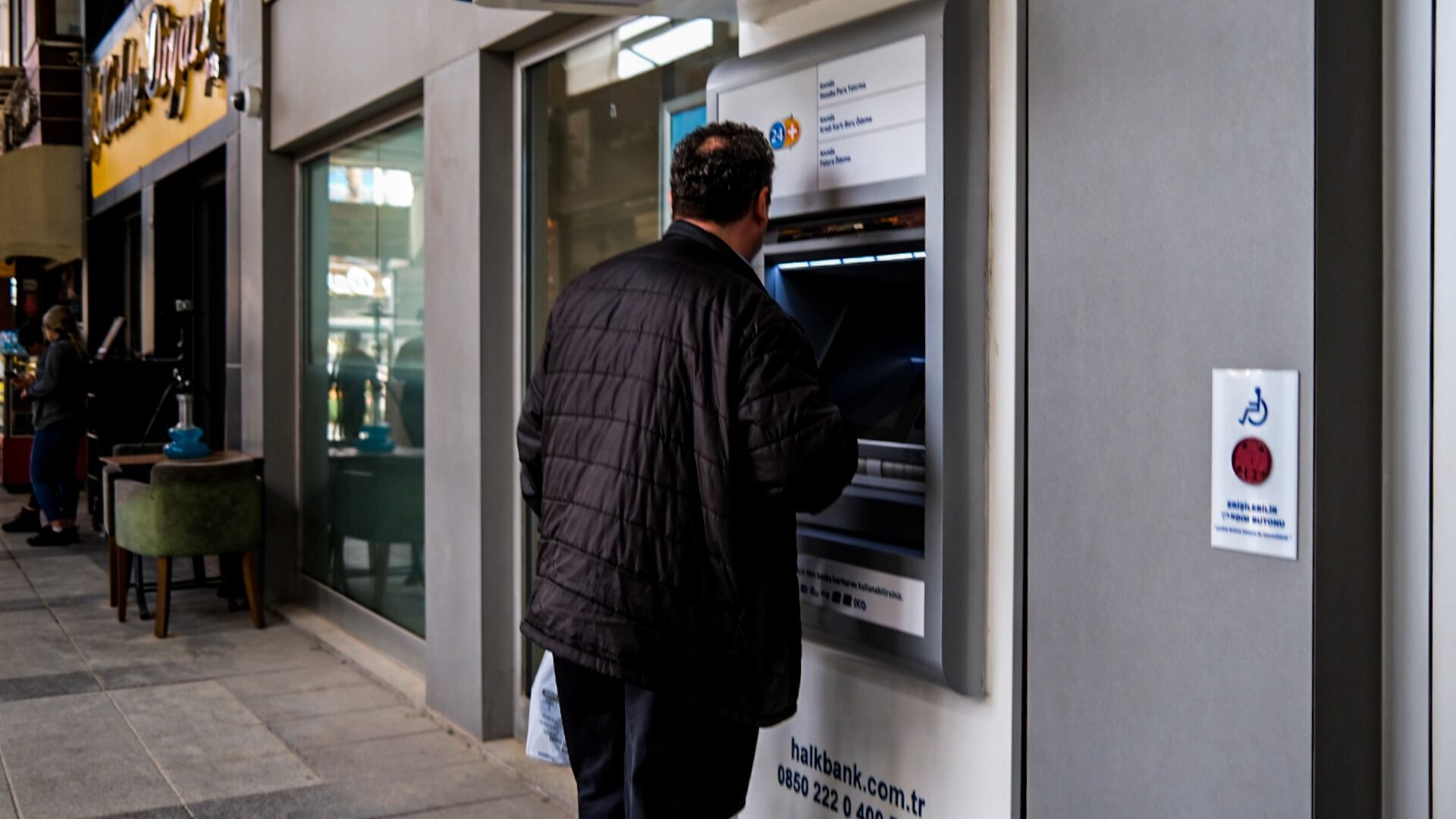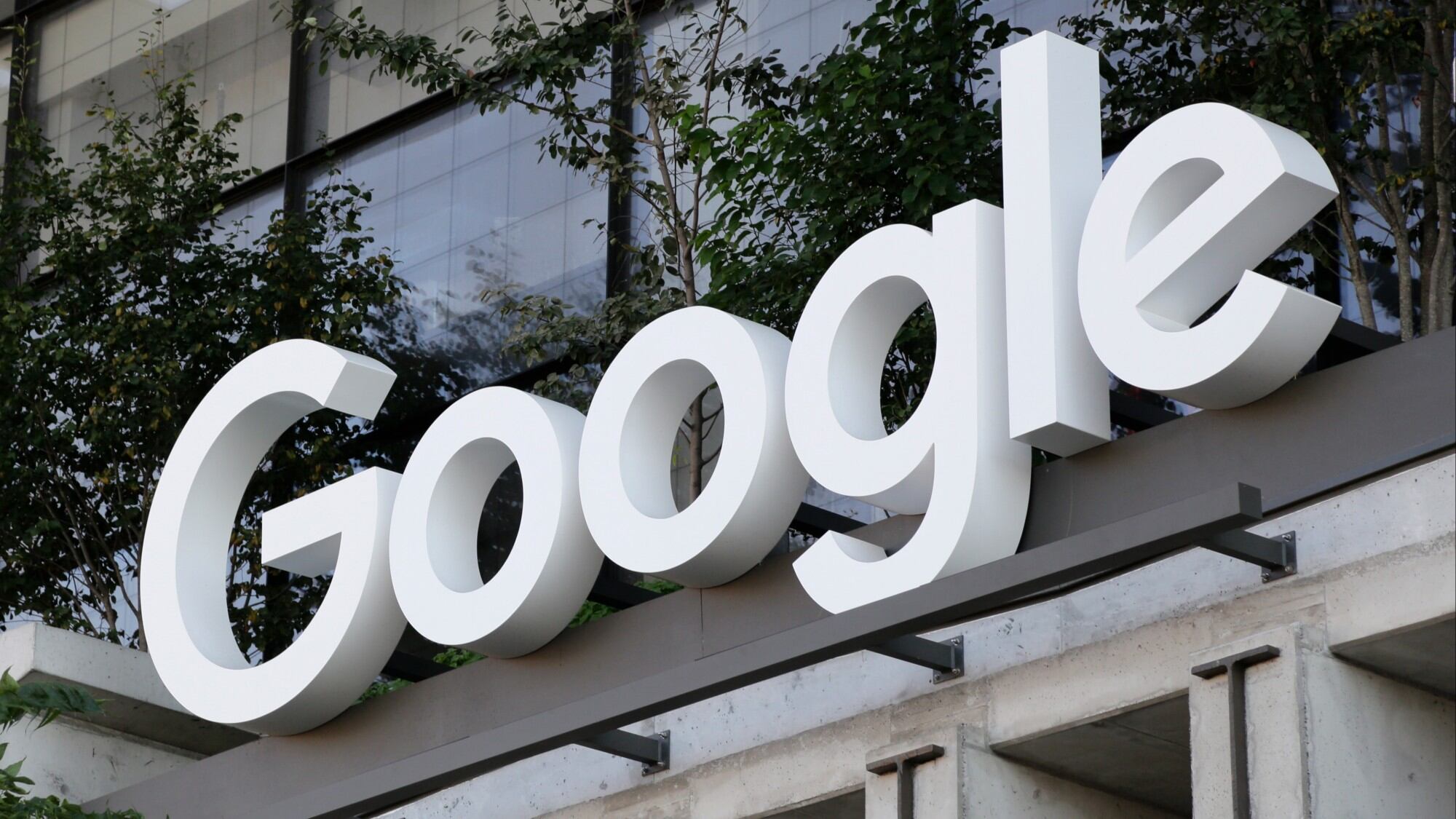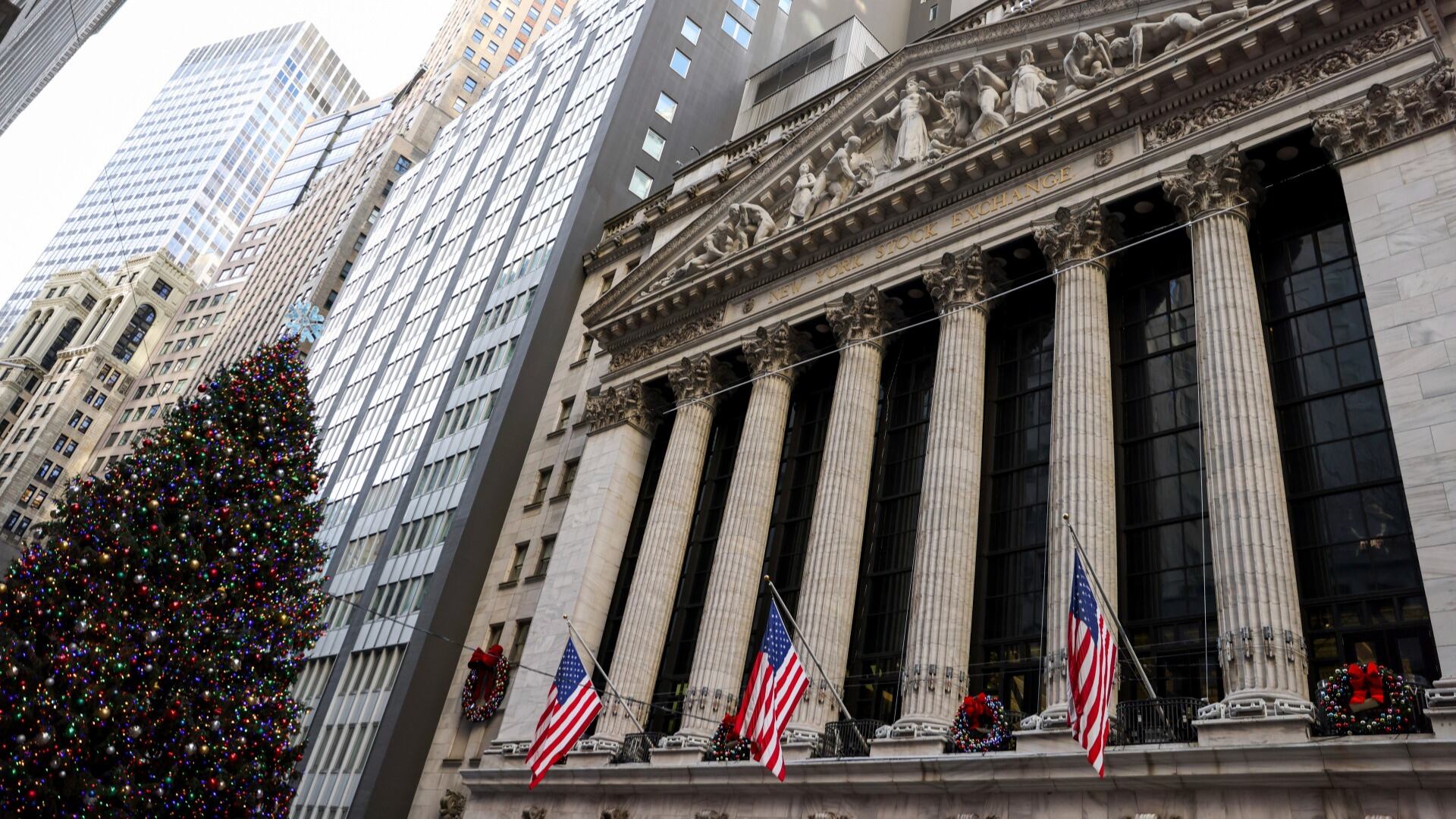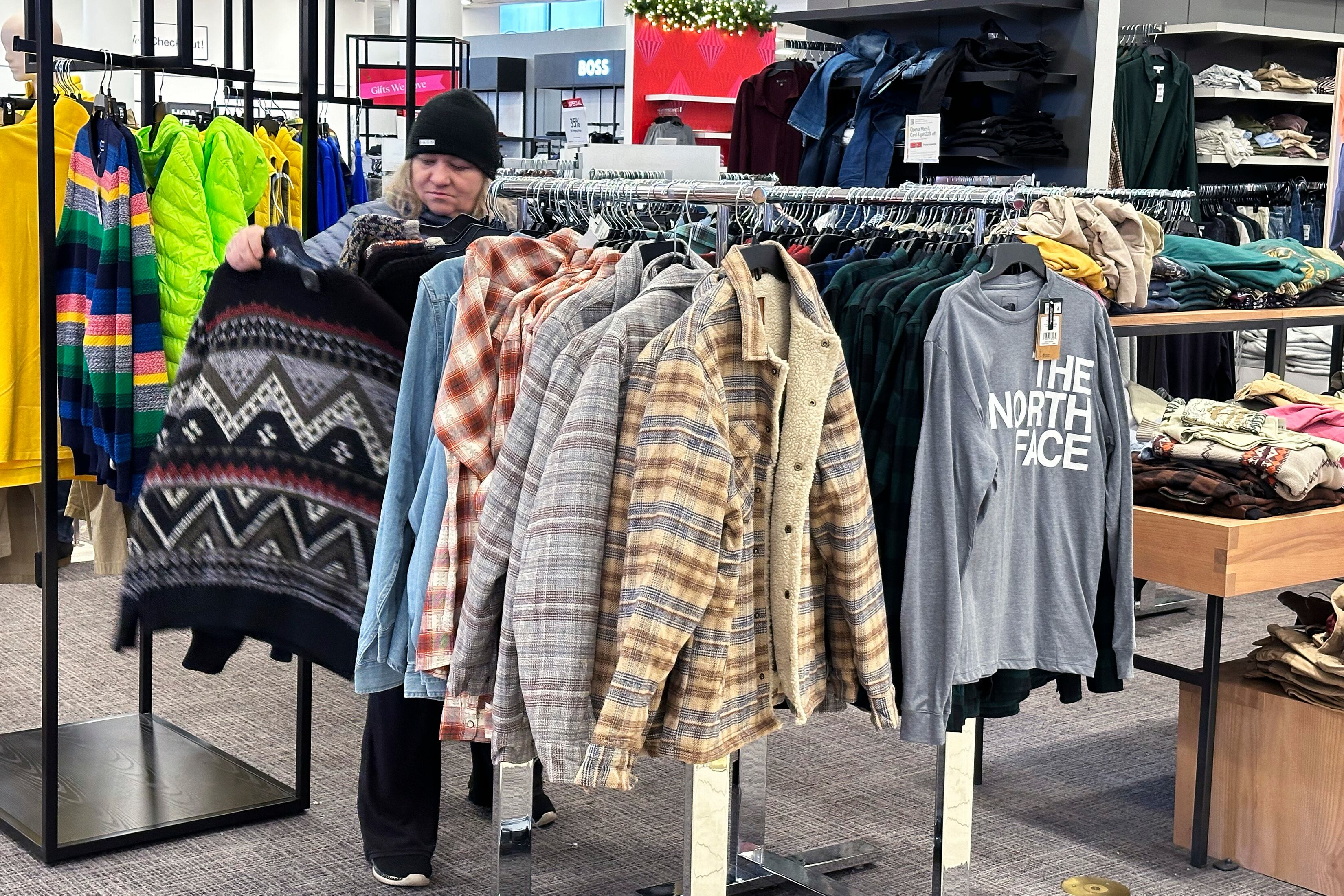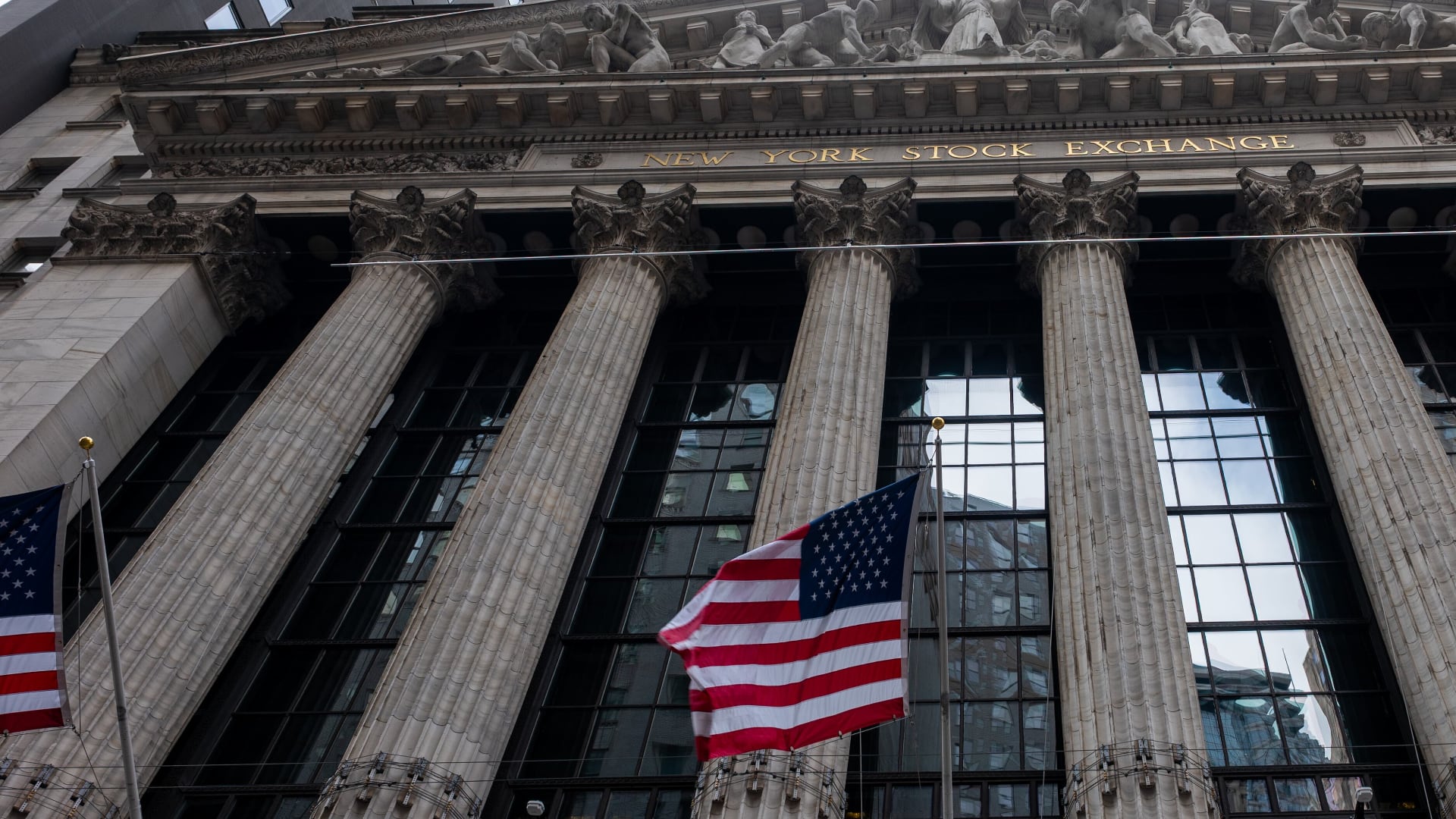Another blow to the U.S. economy came Thursday morning as new data found growth in the U.S. service industry fell to its lowest point in three years.
The Institute for Supply Management (ISM), a non-profit trade association, reported that the service sectors, while continuing to expand, slowed their growth in September by 3.8 percent compared to the month prior.
“The non-manufacturing sector pulled back after reflecting strong growth in August,” said Anthony Nieves, chairman of the ISM's Non-Manufacturing Business Survey Committee.
Exacerbating already steep loses this week, the Dow Jones Industrial Average fell over 300 points following the reports release Thursday. The S&P and the Nasdaq indexes dropped by over 1 percent. Stocks, however, quickly recovered the losses by mid-morning.
A separate ISM report released Tuesday had already sent the markets tumbling on reports that the U.S. manufacturing sector contracted for the second straight month.
The ISM’s two reports add to the growing concern by governments and markets that a global economic slowdown is on the horizon. Already, the U.S. Federal Reserve has slashed interest rates twice in recent months to spur economic growth and sustain expansion.
Nieves added that the service industries are largely concerned about “tariffs, labor resources and the direction of the economy.” Overall, ISM found that 13 sectors reported growth in September including retail; finance and insurance; and transportation and warehousing. Educational services and the category of other services, which encompasses everything from pet care to dry-cleaning, contracted last month.
Consumer spending, however, is expected to increase during the coming holiday season.
“The U.S. economy is continuing to grow and consumer spending is still the primary engine behind that growth,” Matthew Shay, president and CEO of the National Retail Federation (NRF), said in a statement Thursday. “Nonetheless, there has clearly been a slowdown brought on by considerable uncertainty around issues including trade, interest rates, global risk factors and political rhetoric.”
The NFR said that it expects holiday retail sales in the coming months to increase by roughly 4 percent compared to the year prior.
Shay added that while consumers are in “good financial shape” for shopping, “confidence could be eroded” if the aforementioned risks intensity.






